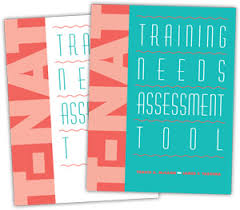Learning Skills
Because audiences today are made up of people who have varied backgrounds, it’s not a surprise to note that these people have varied learning styles and preferences. As a result, the same techniques may not be equally efficient for all. Hence, you need to conduct training and assessment for such individuals in a way that suits them and in a style they’re used to. We believe that unless you don’t modify your methods to a certain degree and remain flexible in your approach, you’ll never see great results.
To help you out with actually understand how to approach things with a particular employee or a group of employees, we have tools with valuable information that will help you modify your approach and enable participants to expand upon the way they learn.
 Learning Styles Questionnaire (LSQ) (Assessment)
Learning Styles Questionnaire (LSQ) (Assessment)
Help your participants to become more efficient and focused learners with the Learning Styles Questionnaire & Capitalizing on Learning Styles Workbook. Two in-depth instruments that help respondents identify a preference for one of four learning styles: Activist, Reflector, Theorist, or Pragmatist.
 Training Needs Assessment Tool (TNAT) (Assessment)
Training Needs Assessment Tool (TNAT) (Assessment)
Looking for a quick way to uncover your employees’ most critical training needs? Introducing the Training Needs Assessment Tool (T-NAT), a quick means of learning your employees’ most critical training needs.
 What's My Learning Style? (Assessment)
What's My Learning Style? (Assessment)
Discover how to approach all types of learning in a comfortable way with What's My Learning Style? Participants identify a preference for one of 4 styles. The instrument presents both positive and negative aspects of each style, enabling individuals to use this knowledge to create greater success in learning.